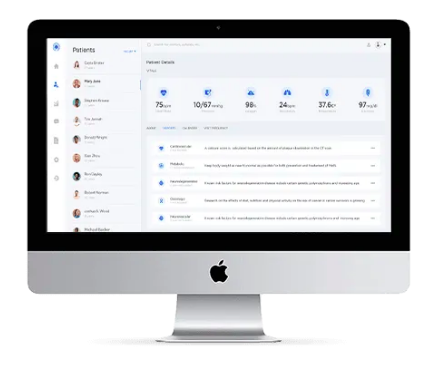In today’s fast-paced healthcare landscape, Electronic Health Record (EHR) integration has become essential for streamlining operations and enhancing patient care. By connecting disparate systems and consolidating patient data, EHR integration ensures that healthcare providers can access comprehensive, real-time information when making critical decisions.
The Importance of EHR Integration
Healthcare facilities often use multiple digital tools for various purposes, including patient management, billing, and diagnostics. Without integration, these tools operate in silos, leading to inefficiencies, data duplication, and missed opportunities for collaboration. EHR integration solutions bridges these gaps by creating interoperability between systems. It enables seamless communication among providers, reduces administrative burdens, and enhances overall efficiency.
For example, integrating EHR with a telehealth platform allows physicians to review a patient’s complete medical history during a virtual consultation. This holistic view ensures personalized care and informed decision-making.
Benefits of EHR Integration
- Enhanced Patient Care: EHR integration services ensures that healthcare providers have access to up-to-date patient records, facilitating accurate diagnoses and effective treatment plans. It also promotes collaboration across care teams, reducing the chances of medical errors.
- Operational Efficiency: Manual data entry and fragmented workflows are eliminated through integration. This reduces administrative tasks, saving time and resources for both providers and staff.
- Regulatory Compliance and Security: Integrated systems are often designed with regulatory requirements such as HIPAA in mind. Centralized data storage enhances security, ensuring sensitive patient information is protected against breaches.
- Data Analytics and Insights: Consolidated patient data enables advanced analytics, helping healthcare organizations identify patterns, predict outcomes, and develop preventive strategies.
Implementation Challenges
While EHR integration offers significant advantages, implementing it effectively requires overcoming challenges such as system compatibility, data migration, and staff training. Selecting systems with open APIs and scalable infrastructure can simplify integration. Moreover, training healthcare staff to use integrated tools effectively is crucial for maximizing their potential.
The Future of EHR Integration
As healthcare continues to embrace digital transformation, the role of EHR integration will only grow. Emerging technologies like artificial intelligence and blockchain promise to enhance integration further, improving data security, predictive analytics, and interoperability.
Conclusion
EHR integration is not just about improving operations; it’s about transforming how healthcare is delivered. By fostering connectivity and efficiency, it ensures better patient outcomes, streamlined processes, and a smarter, more collaborative healthcare ecosystem. For providers, investing in EHR integration is an investment in the future of healthcare.






Comments